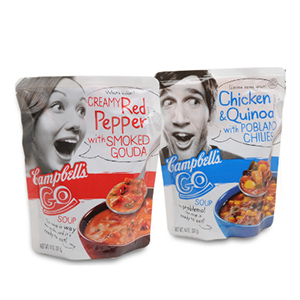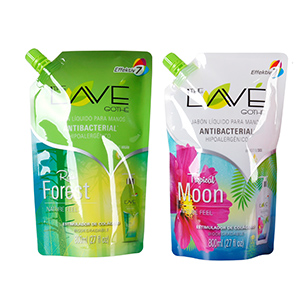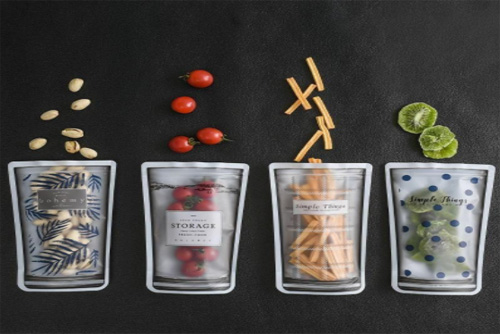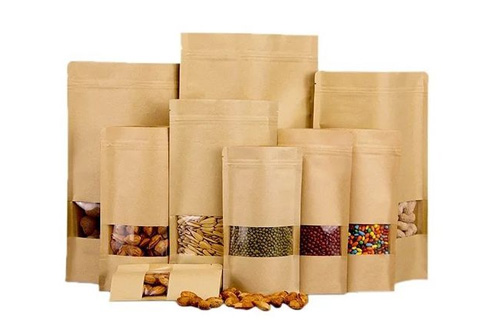When you are choosing a supplier of flexible packaging pouches, you may feel overwhelmed. Because for you, flexible packaging is a new field, you only know that this packaging may be suitable for your product, but as to how to find a suitable supplier, there is no way to start. Many times, when we need to find something, we tend to rely more on the Internet, such as typing our question on Google, and thousands of answers jump out, and all you need to do is to sort out this information, and then choose the answer you think is appropriate. In many cases, this is the solution to most of our problems. But when you choose a flexible packaging supplier, you find that the situation is not as simple as you think. There may be many answers about how to choose suitable packaging materials, or some tips and considerations on how to purchase products from China. But there are very few answers about how to choose flexible packaging suppliers. Why is this so? This is because the flexible packaging industry is an experiencing subject. Many senior sellers and buyers often get a set of valuable experience through years of trial and error, and this is also the key to their foothold in the industry, so they easily will not take it out to share with others. During my ten years of experience in flexible packaging sales, I have contacted too many customers because of improper supplier selection and lost a lot of money and wasted a lot of time, so I hope to share the experience I know, from the perspective of a flexible packaging supplier to help these consumers choose the right supplier. I believe that these experiences must be independent but very informative. And my experience is by no means general, but I hope to supplement your original experience.

1. Ask about BRC certificate
If your packaging is used for food packaging, then the BRC certificate will be an important and simple screening method. We all know that the BRC certificate comes from the United Kingdom, so if the factory has done this certificate, it may at least prove that 1. This factory has export experience. 2. The materials of this factory are trustworthy. Because the cost of applying for the BRC certificate is not low, if the factory does not want to make export orders, or there is no condition for the production of export orders, then there is no need to spend so much money to apply for this certification. This is like a college diploma. Having this diploma does not mean that this person must be excellent, but with this diploma, we can more easily screen the talents we want, right?
2. Proportion of exports
Having a BRC certificate is just a stepping stone. Next, you need to understand the proportion of the factory’s export orders. The best case is that the export orders account for at least 40% of the company’s sales. Less than this number shows that the factory is mainly based on the domestic market, and the experience in export may not be enough. Why can’t the experience of producing domestic orders be used to produce export orders? This is because export orders often differ from domestic orders in terms of materials, design, and applications, so the requirements for packaging are also different.
3. Main product type
Different packaging has different requirements for factory experience. Flexible packaging is an empirical subject, and the factory’s experience is accumulated through continuous trial and error. To avoid becoming a white mouse, you must ensure that the supplier you are looking for has a lot of experience in producing similar products. In addition, endorsement by major customers is also a good method. There is also a judgment method, that is, the proportion of liquid bags. The higher the proportion of liquid bags, especially the spout bags and the retort bags, the richer the experience, because these two types of packaging have the highest technical and experience requirements in flexible packaging.

4. See if the factory has a technical department
Flexible packaging is customized packaging, and each product needs to be customized according to the specific needs of customers. If the factory does not even have a technical department or R&D office, you should not expect them to be able to tailor a plan for you. They may have made bags for similar applications before, but often some differences in details can determine the success or failure of the project, and experienced R&D personnel make corresponding adjustments according to the details.
5. Test equipment
Any flexible packaging must undergo rigorous testing in production and before leaving the factory, such as peel strength, composite strength test, solvent residue test, pressure test, drop test, medium resistance test, etc. These are basic test requirements. If the factory does not have these test equipment, you should not expect them to make qualified products.
6. Senior managers with a technical background
Because flexible packaging is an empirical subject, many experiences can only be gained after continuous trial and error. Even if some experience can be obtained from the website or peers, but often because of different levels of operators and different equipment, it cannot be copied and used. The process of trial and error is the process of trial and error, which means that the factory has to invest a lot of manpower and material resources to do this. If the person responsible for this matter does not have decision-making power, then the development of new products or new processes cannot be carried out. When you choose to work with such a supplier, you will find that for any new customer request, the supplier either responds too slowly, or the results do not meet expectations, or care about who should pay for development costs.
Well, sharing is here, I hope to find a suitable supplier for you. Welcome to share and forward it. If you have any good suggestions in finding a new supplier, please feel free to share with me through ellen.wang@logos-pack.com.
Ellen Wang
Logos Pack




